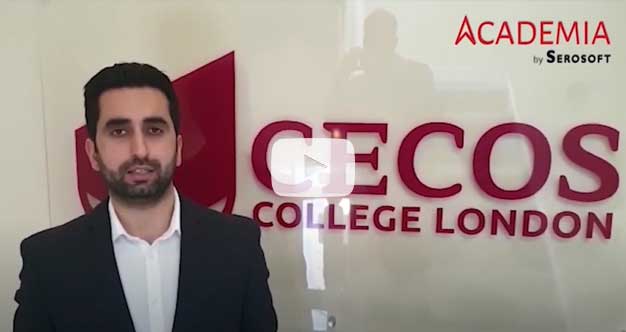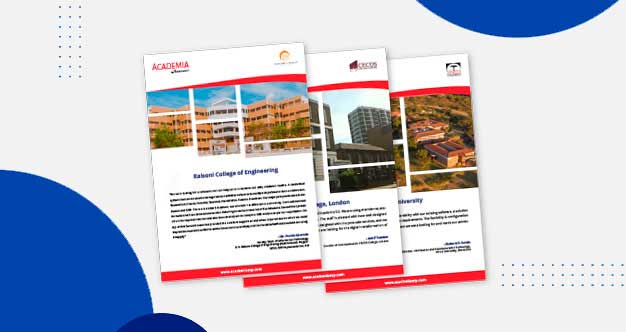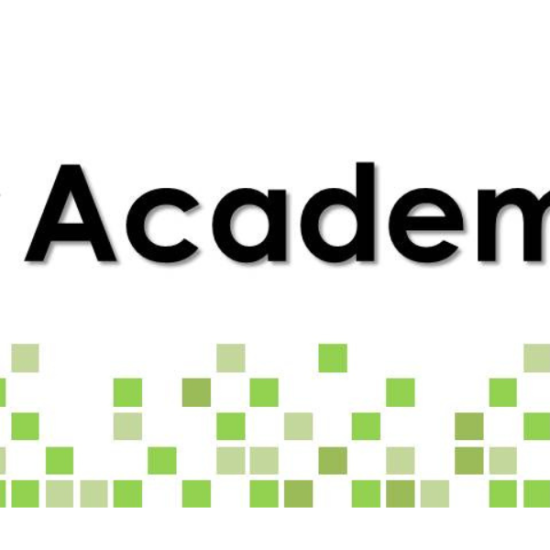Student Success Amplified: Leveraging Co-curricular Programs for Institutional Growth
Co-curricular programs have emerged as vital contributors to student success, institutional growth, and overall student satisfaction in the education landscape. Institutions can draw inspiration from successful models outlined in “Student Success in College,” aligning resources and structures with both curricular and co-curricular offerings and continuously enhancing them through rigorous assessment. This blog explores practical strategies for harnessing the power of co-curricular activities to elevate student success and improve institutional performance.
Integration of Resources and Continuous Improvement
High-performing institutions have demonstrated that the synergy between curricular and co-curricular offerings is crucial for holistic student development. By adopting a model of alignment and ongoing enhancement, institutions can create a seamless educational experience. Regular assessment ensures that co-curricular programs remain relevant, impactful, and aligned with institutional goals.
Co-curricular Learning Outcomes Frameworks
The integration of co-curricular learning outcomes frameworks, such as CAS, Learning Reconsidered, LEAP, NACE, and the Wellness Wheel, provides a structured approach to planning and organizing co-curricular initiatives. These frameworks help institutions map out student learning pathways that align with their academic, personal, and post-graduation aspirations.
Establishing Clear Pathways to Success
Institutions can empower students by designing comprehensive pathways to success that showcase the connections between academic pursuits and co-curricular activities. By illustrating how skills acquired through co-curricular involvement align with their goals, institutions motivate students to engage more deeply with both their studies and extracurricular pursuits.
Fostering Peer Relationships Through Student Leadership
Student leaders play a pivotal role in cultivating a vibrant peer-to-peer community through clubs and organizations. Empowering these leaders to create inclusive and engaging environments enhances students’ sense of belonging and encourages active participation in co-curricular activities.
Co-curricular Transcripts for Reflective Learning
Developing co-curricular transcripts offers students a tangible way to track and reflect upon their learning outside the classroom. These transcripts serve as a valuable tool for self-assessment, showcasing the skills and competencies gained through co-curricular engagement.
Marketable Skills Assessment
Conducting marketable skills assessments helps students recognize the valuable connections between their coursework, co-curricular experiences, and their future employment. This process aids students in understanding how their overall environment contributes to the acquisition of skills sought after by employers.
Equity-Minded Assessment
An equity-minded approach involves disaggregating co-curricular student data to identify patterns and disparities among different student populations. By addressing the needs of marginalized groups and making data-driven changes, institutions create a more inclusive and supportive environment for all students.
Showcasing Student Affairs Impact
Implementing meaningful Student Affairs assessment, including Program Review guided by the CAS Standards, highlights the role of the student affairs division in shaping the student experience. By showcasing the division’s impact, institutions demonstrate their commitment to student success and holistic growth.
Conclusion
The integration of co-curricular programs into the fabric of education is a strategic move that elevates student success and institutional excellence. By aligning co-curricular initiatives with curricular offerings, utilizing learning outcomes frameworks, creating clear pathways to success, fostering peer relationships, and implementing comprehensive assessment strategies, institutions pave the way for a transformative educational journey. Moreover, the incorporation of solutions such as Academia ERP streamlines administrative processes enhances communication, and supports data-driven decision-making, further contributing to the holistic growth of both students and the institution. As the educational landscape continues to evolve, co-curricular programs and innovative solutions like Academia ERP remain invaluable tools in preparing students for success both during and after their academic journey.
Related Posts:
 Higher Ed Plans
Higher Ed Plans K12 Plans
K12 Plans










